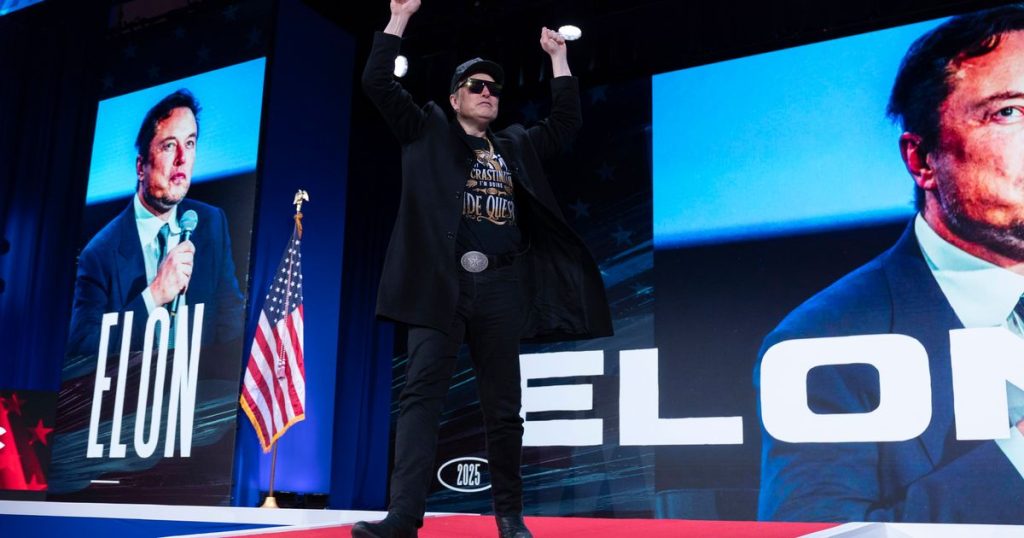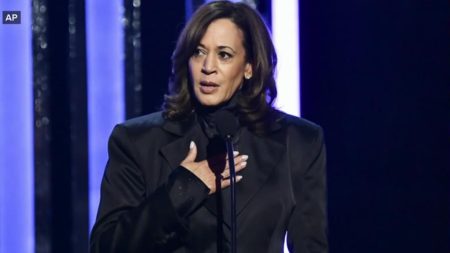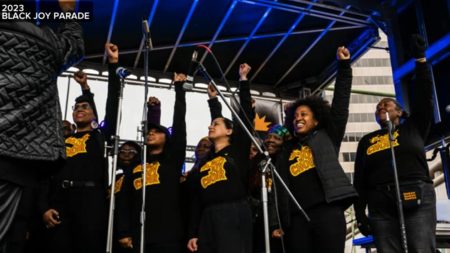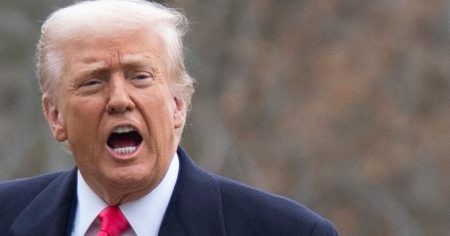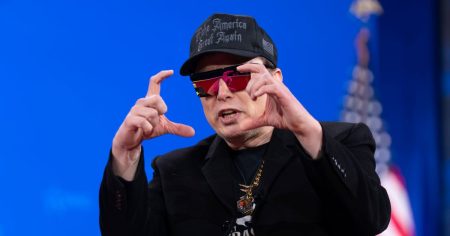Federal Workers Push Back Against Musk’s Demand for Weekly Accomplishments
Overview of the Dispute
In a dramatic turn of events, key U.S. agencies such as the FBI, State Department, and the Pentagon have openly defied a directive from Elon Musk, the controversial head of Donald Trump’s Department of Government Efficiency (DOGE). Musk’s demand, which instructed federal workers to detail their accomplishments from the previous week or face termination, has ignited a firestorm of resistance within the federal workforce. This pushback comes just a month after Trump’s return to the White House, where he swiftly began implementing campaign promises to downsize the government. The situation has escalated to a point of significant chaos and confusion, with administration officials scrambling to interpret Musk’s unconventional mandate, which appears to have Trump’s backing despite its questionable legality.
Political Backlash and Legal Concerns
The backlash against Musk’s directive has been swift and bipartisan. Democrats and even some Republicans have criticized the move, arguing that it lacks compassion and may violate legal standards. Sen. John Curtis (R-Utah) expressed concerns about the potential harm to federal employees, emphasizing that these are "real people" with "real lives" and "mortgages" to uphold. Rep. Mike Lawler (R-N.Y.) questioned the legal basis for dismissing workers who refuse to comply, while Sen. Chris Van Hollen (D-Md.) flatly declared the action "illegal." Meanwhile, Trump himself mocked federal workers in a meme on his social media platform, further inflaming tensions. The administration’s confusing and conflicting guidance has left federal employees in a state of uncertainty, with unions threatening lawsuits and demanding that the request be rescinded.
Agency Responses to Musk’s Directive
The response to Musk’s directive has varied widely across federal agencies, reflecting the broader confusion and resistance within the government. For instance, the Department of Health and Human Services (HHS), led by Robert F. Kennedy Jr., initially instructed its 80,000 employees to comply with the request. However, this guidance was quickly walked back, with HHS leadership later advising employees to "pause activities" until further notice. Sean Keveney, HHS’s acting general counsel, expressed strong objections to the directive, citing security concerns and the potential violation of attorney-client privilege. Keveney’s email to employees highlighted the lack of safeguards to protect their responses, prompting him to describe the request as "personally insulting."
Mixed Compliance Across Agencies
Other federal agencies have taken differing approaches to Musk’s directive. The FBI, under the leadership of newly confirmed Director Kash Patel, a staunch Trump ally, has advised its employees to ignore the request for now. Patel emphasized that the FBI would conduct performance reviews in accordance with its own procedures, not Musk’s directives. Similarly, the Departments of State, Defense, and Homeland Security have instructed their employees to pause any response to Musk’s team, with leadership indicating that they would handle the matter internally. In contrast, Ed Martin, the interim U.S. attorney for the District of Columbia, initially encouraged his staff to comply, praising Musk and DOGE for their "historic" work. However, his guidance later caused confusion when he clarified that employees could choose whether or not to respond.
Unions and Workers Push Back
The pushback against Musk’s directive has been particularly strong from federal unions, which argue that the request is unlawful and invasive. Everett Kelley, president of the American Federation of Government Employees (AFGE), which represents 800,000 federal workers, demanded that the administration rescind the request and issue an apology by the end of the day. Kelley described Musk as "unelected and unhinged," asserting that employees have no obligation to respond to the directive without further lawful direction. Meanwhile, thousands of federal workers have already been forced out of their jobs through firings or "deferred resignation" offers, with no official figures available on the total number affected. Musk has defended his directive as a "very basic pulse check," claiming that it is necessary to root out fraud and inefficiency within the government. However, he has provided no evidence to support his allegations of widespread fraud or "non-existent people" collecting paychecks.
Broader Implications and Ongoing Chaos
The controversy over Musk’s directive reflects the broader turmoil within the federal workforce under the Trump administration. Thousands of employees are preparing to leave their jobs in the coming weeks, including probationary civilian workers at the Pentagon and most staffers at the U.S. Agency for International Development. Musk’s claims of fraud and inefficiency have been widely disputed, with critics arguing that his actions are driven by a political agenda to shrink the government rather than a genuine concern for accountability. As the situation continues to unfold, federal workers find themselves caught in the crossfire of a bitter partisan battle, with their jobs and livelihoods hanging in the balance. The ongoing chaos and confusion underscore the deepening instability within the federal government, as Trump and Musk push forward with their controversial efforts to reshape the bureaucracy.





